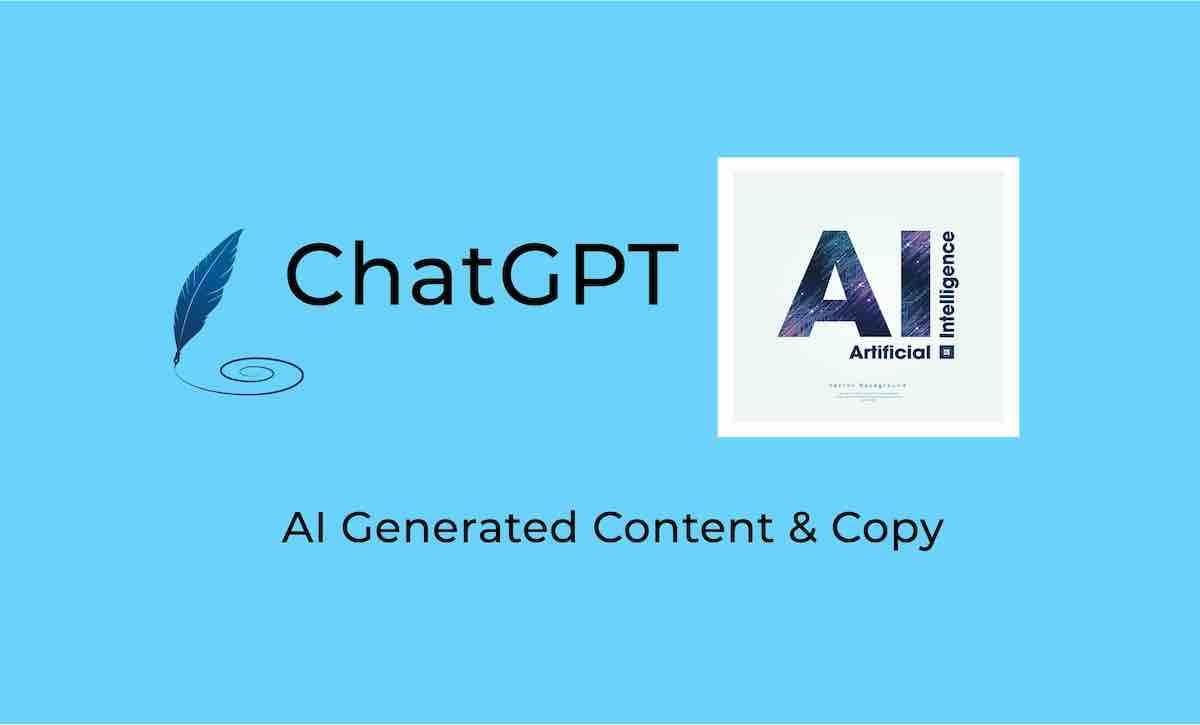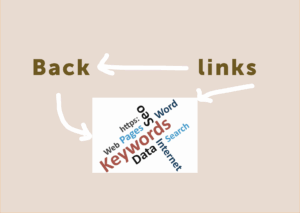
The digital landscape has witnessed remarkable transformations in the way content is generated, consumed, and shared. Blogs have evolved into dynamic platforms that engage readers through interactive experiences.
In this era of interactivity and personalisation, ChatGPT has emerged as a ground-breaking tool that empowers bloggers to create captivating and immersive content.
This blog delves into the revolutionary impact of using ChatGPT for copywriting, exploring its applications, benefits, and potential limitations.
Traditional content writing
Traditional copy or content creation involved a structured and linear approach, where writers meticulously planned their pieces before putting pen to paper. Research involved library visits and physical references. Writing followed a step-by-step process, with drafts and revisions handwritten or typed. This method prioritised polished, final versions. Interaction with readers was limited to letters or in-person events. Deadlines were fixed, allowing minimal room for spontaneity. Traditional content creation demanded patience and precision, as changes were cumbersome and evoke nostalgia for the deliberate craftsmanship of the past.
Digital Landscape
In contrast to today’s dynamic digital landscape, ChatGPT enables interactive, adaptable, and collaborative content.
Unleashing Creativity
At its core, ChatGPT is a language model developed by OpenAI, designed to understand, and generate human-like text based on the input it receives. Incorporating ChatGPT into blogs injects a new dimension of creativity for content creation. Bloggers can engage in conversations with the model, using it as a virtual co-author, brainstorming partner, or even a source of inspiration. By simulating dialogues, writers can explore different perspectives, debate ideas, crafting more comprehensive and nuanced content.
Personalised User Experience
One of the most striking features of ChatGPT is that it offers a personalised experience through interaction. This interaction creates a sense of involvement, transforming a passive reader into active communications, with ChatGPT offering tailored recommendations, or guiding a reader through the content in a question & answer format, resulting in a more engaging and informative journey.
Dynamic Content Generation
Producing fresh and captivating content consistently is a challenge for bloggers. Here, ChatGPT proves invaluable. It serves as a tool for generating ideas, titles, and even entire sections for a blog. By prompting the model with a general theme or topic, bloggers can receive instant suggestions that can jumpstart their writing process. This dynamic content generation not only saves time but also ensures a steady stream of high-quality material for audiences.
Enhanced Research and Fact-Checking
Accurate information is the cornerstone of compelling blog content. ChatGPT can aid bloggers in researching and fact-checking their articles. It can sift through vast amounts of data to extract relevant information, statistics, and references. However, it’s important to note that while ChatGPT can be a powerful assistant, human oversight is crucial to verify the accuracy and credibility of the gathered information.
Conversational Tone and Accessibility
Traditional blogs often struggle with maintaining a conversational tone that resonates with readers. ChatGPT can assist bloggers in achieving a more natural and approachable style of writing. Its ability to generate text that resembles human conversation can lend a friendly and relatable tone in blog posts. Moreover, this feature enhances accessibility, making complex topics more comprehensible to a wider audience.
Challenges and Ethical Considerations
While the potential benefits of using ChatGPT for blogs are substantial, there are challenges and ethical considerations that need to be addressed.
Firstly, there is a risk of over-reliance on the model that may compromise the authenticity and uniqueness of a blogger’s voice. Striking a balance between automation and personal input is essential.
Additionally, concerns about misinformation and bias must be acknowledged. ChatGPT generates responses based on the data it was trained on, which can inadvertently perpetuate biases present in that data. Bloggers must carefully review and modify the model’s outputs to ensure that the content is accurate, unbiased, and aligns with their expectations.
English
There are a number of limitations around the English such as:
- English Style – Chat GPT will write in its own style which may not be in keeping with the bloggers writing style. It is important to make sure that the style of English used in your blog is in keeping with your website
- Grammar – ChatGPT does not score 100% in a grammar test, nor is the word choice always the best use of English. Although it is pretty solid as an English sentence creator, there will be a need for a properly qualified English writer to cast an eye over the copy to make necessary changes
- British English V American English – Chat GPT uses by default American English, so if your website or blog platform is UK based, you will need to make some changes to convert into British English. You can add “Can you help me with a blog post? I’d prefer the text to be in British English.”, which works nicely in most cases. However, this is an AI model that is complex and trained on a diverse range of inputs, with a mixture of writing styles
- Cultural References – You can also adapt ChatGPT by mentioning British cultural references, events, or places. This can prompt the AI model to generate text that aligns with British English usage
- British Tone & Style – If there are specific elements of British tone or style you’re looking for, like dry humour or idiomatic phrases, use them in your prompts
The integration of ChatGPT into the realm of blogging marks a transformative step towards more engaging, personalised, and dynamic content creation. Its ability to unleash creativity, provide a personalised user experience, aid in copy generation, enhance research, and maintain a conversational tone has the potential to revolutionise the way blogs are conceptualised and presented.
The AI tool has limitations in the number of words it can write, being usually around the 300 mark up to 600 words for more complex requests. Whilst challenges related to authenticity and ethical considerations exist, responsible usage and a judicious blend of human creativity and AI assistance can lead to a new era of enriched blog content.
As technology continues to advance, bloggers have a unique opportunity to leverage tools like ChatGPT to amplify their impact and forge stronger connections with their readers.
For more information, or if we can assist you with your copy or content writing, please contact us on:
By email to enquiries@figadigital.com or call on Freephone 0800 802 1968





